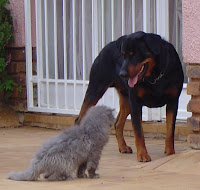Practicing Serbian with Songs
Practicing Serbian Word Order with Songs
Practicing Vocabulary Serbian Songs
- Doneti = to bring
- Donesi = bring! informal
- Donesite = bring! formal or plural
- Vino = wine
- Krčmarica = waitress arch. (Voc. case - krčmarice)
- Rumen = red, flush
- lice = face
- Daj = give! informal
- Dajte = give! formal or plural
- piti = to drink (pijem = first person sg in present simple)
- tuga = sorrow
- razbiti = to break, shatter
- srce = heart
- boleti = to hurt
- hteti = to want/ will (hoću, hoćeš, hoće - sg. present simple)
- izgoreti = to burn (izgorim, izgoriš, izgori - sg. present simple)
- ružica = ruža = rose
- oči = eyes
- crn = black
- žeravica = ember
- celo selo = The whole village
- zaneti se = to get carried away
- svi = everybody
- Bog = god
- Bože = Voc case of Bog
- stvoriti = To create (što je stvori =why have you created her)
- mlad = young
- momak = young man
- mučiti = to torture
- moriti = to torture/torment
Exercises with These Words
Flashcards Exercise
Test Exercise

.png)



























